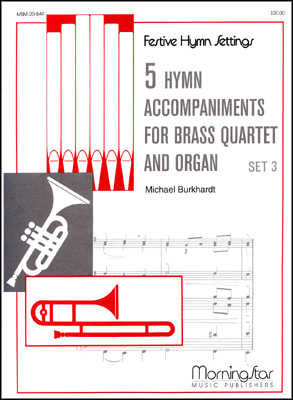The text is a prayer asking Christ to look on us with mercy and to feed us with his grace. Though written in two stanzas, it is one continuous thought. A devotional text with strong poetic images–"bread of the world" and "wine of the soul"–this hymn invites confession of sin and the acceptance of divine grace.
Scripture References:
all st. = John 6:33-35, Rom. 6:11
Written by Reginald Heber (PHH 249), "Bread of the World" was first published posthumously in his Hymns written and adapted to the Weekly Church Service of the Year (1827); it was subtitled "Before the Sacrament."
The text is a prayer asking Christ to look on us with mercy and to feed us with his grace. Though written in two stanzas, it is one continuous thought. A devotional text with strong poetic images–"bread of the world" and "wine of the soul"–this hymn invites confession of sin and the acceptance of divine grace.
Liturgical Use:
As Heber said, "Before the sacrament"–use this hymn as part of the service of confession and forgiveness or during the communion liturgy as a substitute for the traditional singing of the Agnus Dei.
--Psalter Hymnal Handbook
================
Bread of the world in mercy broken. Bishop R. Heber. [Holy Communion.] First published in his posthumous Hymns, &c, 1827, p. 143, in 2 stanzas of 4 lines, and headed “Before the Sacrament." Its use has become most extensive in all English-speaking countries. Original text in Taring's Collection, No. 529. In the Mitre Hymn Book, 1836, the opening line was altered to "Bread of our life in mercy broken," but this reading has fallen out of use.
-- John Julian, Dictionary of Hymnology (1907)


 My Starred Hymns
My Starred Hymns








